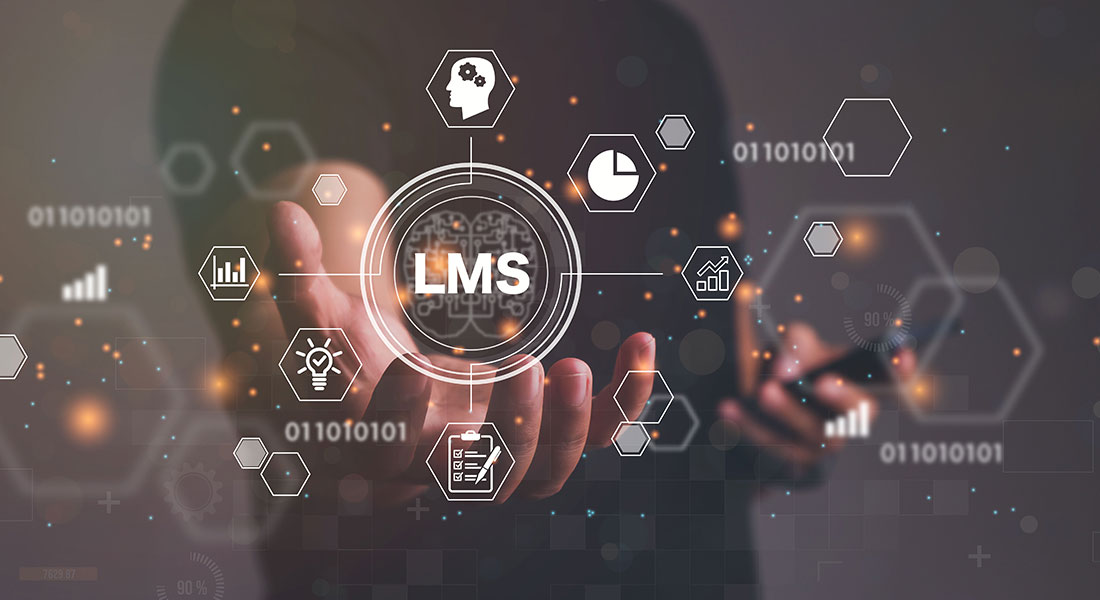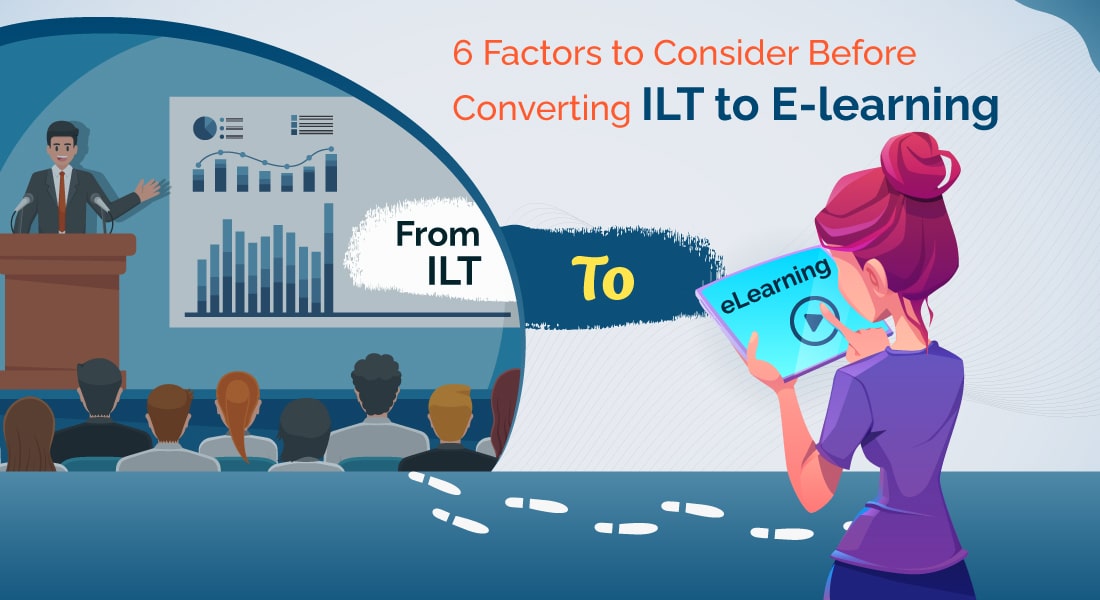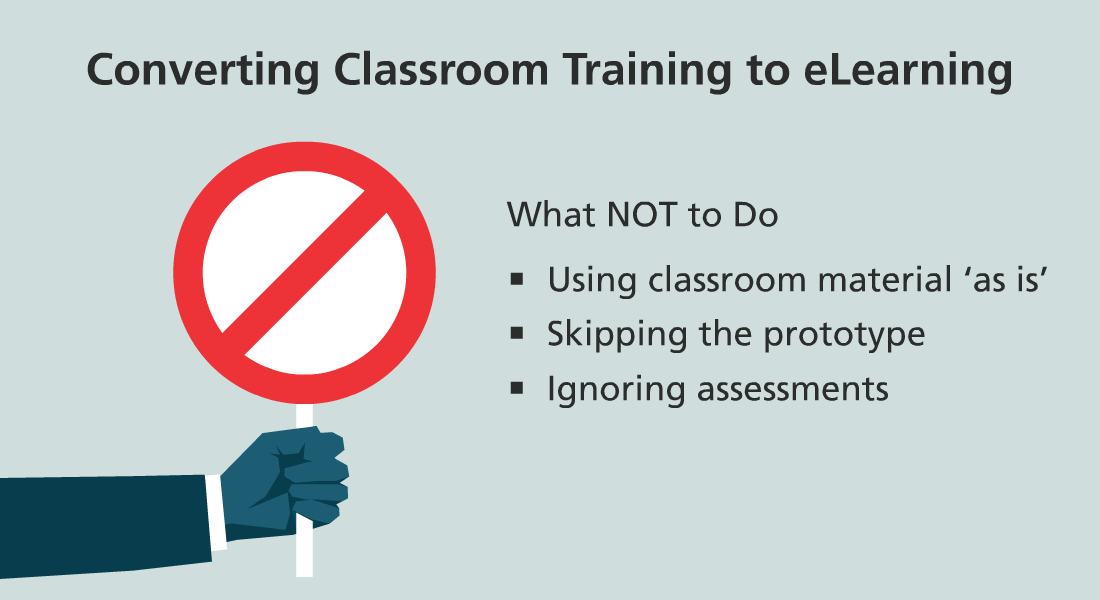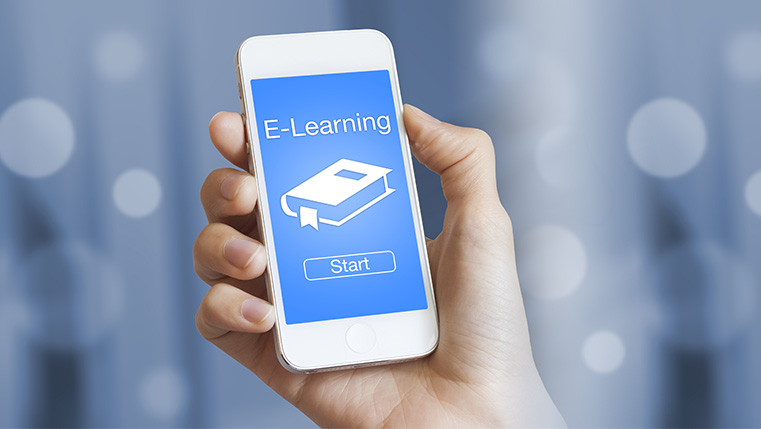5 Amazing LMS Trends Most People Don’t Consider Mainstream Yet
As the world becomes more digital and interconnected, the need for effective and scalable learning management systems will only continue to grow. This blog highlights a few LMS trends that need to go mainstream because of the value they provide.

Learning Management Systems (LMS) have been around for quite some time, but they continue to evolve with each passing year. Many organizations are adopting these systems to manage their learning and training programs, and the demand for LMS solutions is growing at a rapid pace. In this blog, we will discuss the 5 latest LMS trends that most people are not following. Organizations can adopt these trends to meet the learning needs of their employees and achieve their business goals more efficiently and seamlessly.
Searching for Non-Mainstream LMS Trends to Stand Out of The Crowd?
Here are a few amazing ones to follow:
- LXPs
- Gamification
- Social Learning
- Immersive Learning
- Artificial Intelligence
5 Awesome LMS Trends Most People Don’t Consider Mainstream Yet
1. LXPs
Personalization is the buzzword in the LMS industry. LXPs have become increasingly popular because they provide personalization to a whole new level. It is no longer enough to have a one-size-fits-all approach to learning and learners want a customized experience that is tailored to their needs, interests, and learning styles. To achieve this, LXP platforms integrate AI and machine learning algorithms that can analyze learner behavior and preferences to suggest relevant content and activities. They can also track progress and performance, and provide personalized feedback to learners.
In simple words, LXP is the enhanced and improved version of a traditional LMS. Some of the popular LMS platforms that have incorporated most of the LXP features are 360Learning, Continu, and Docebo.
2. Gamification
Gamification is not a new concept, but it is becoming increasingly popular in LMS solutions. Gamification involves adding game-like elements to learning experiences to increase engagement and motivation. This can include points, badges, leaderboards, and challenges. Gamification can also be used to simulate real-world scenarios and provide learners with hands-on experience. By making learning fun and interactive, gamification can help learners retain information better and improve their performance.
→ Download eBook Now: A Beginner’s Guide to Learning Management Systems
3. Social Learning
Social learning is the process of learning through interaction with others. It involves collaborative learning, peer-to-peer learning, and social networking. Social learning is becoming increasingly important in the workplace, as organizations recognize the value of knowledge sharing and collaboration. LMS providers are integrating social learning features into their platforms, allowing learners to connect with peers, share knowledge, and collaborate on projects. Social collaboration is a trend that involves using social media tools and features to facilitate learning and knowledge sharing. This can include social networking, messaging, and discussion forums.
4. Immersive Learning
Immersive learning is a trend that uses virtual and augmented reality to provide learners with a realistic, interactive, and engaging learning experience. Learners can be placed in virtual environments that simulate real-life scenarios and challenges. Immersive learning can be particularly useful in industries where hands-on experience is important, such as healthcare, construction, and manufacturing. In these industries, learners can practice and master skills without the risk of making mistakes that could harm themselves or others.
5. Artificial Intelligence
Artificial Intelligence (AI) is revolutionizing the LMS industry by enabling LMS platforms to offer personalized learning experiences, track learner performance, and engagement, and suggest content that is relevant and timely. AI algorithms can analyze data such as learner behavior, preferences, and performance to create personalized learning paths for each learner. This allows learners to focus on the content that is most relevant to their needs, interests, and learning style. Here are some of the ways in which AI is transforming the LMS industry:
- Adaptive Learning: AI algorithms can also use data to adapt learning content and activities based on learners’ performance and knowledge gaps. This can help learners stay motivated and challenged while ensuring that they are not overwhelmed or bored. Adaptive learning can lead to better knowledge retention and mastery.
- Intelligent Tutoring Systems: AI-powered tutoring systems can provide learners with personalized feedback and guidance based on their performance and learning goals. These systems can offer explanations, examples, and feedback in real time, helping learners to identify and correct mistakes more quickly.
- Predictive Analytics: AI algorithms can analyze data from the LMS to predict future trends and outcomes. This information can help organizations make informed decisions about their learning and training programs, such as which courses to offer, which learners to target, and which teaching strategies to use.
- Natural Language Processing: AI-powered chatbots and assistants can use natural language processing to understand and respond to learners’ questions and requests. These chatbots can provide learners with instant feedback and support, reducing the need for human intervention and improving the learning experience.
Parting Thoughts!
As technology continues to evolve, so will the LMS industry, with new innovations and trends emerging to meet the needs of learners and organizations. It is important for organizations to keep up with these trends and incorporate them into their learning and development programs to stay competitive and meet the needs of their learners. By embracing these trends, organizations can create more engaging and impactful learning experiences that drive better outcomes and business results. When we are talking about trends, here is a free eBook that highlights all the popular eLearning trends for 2023, make sure you check it out to stay ahead of the curve.





